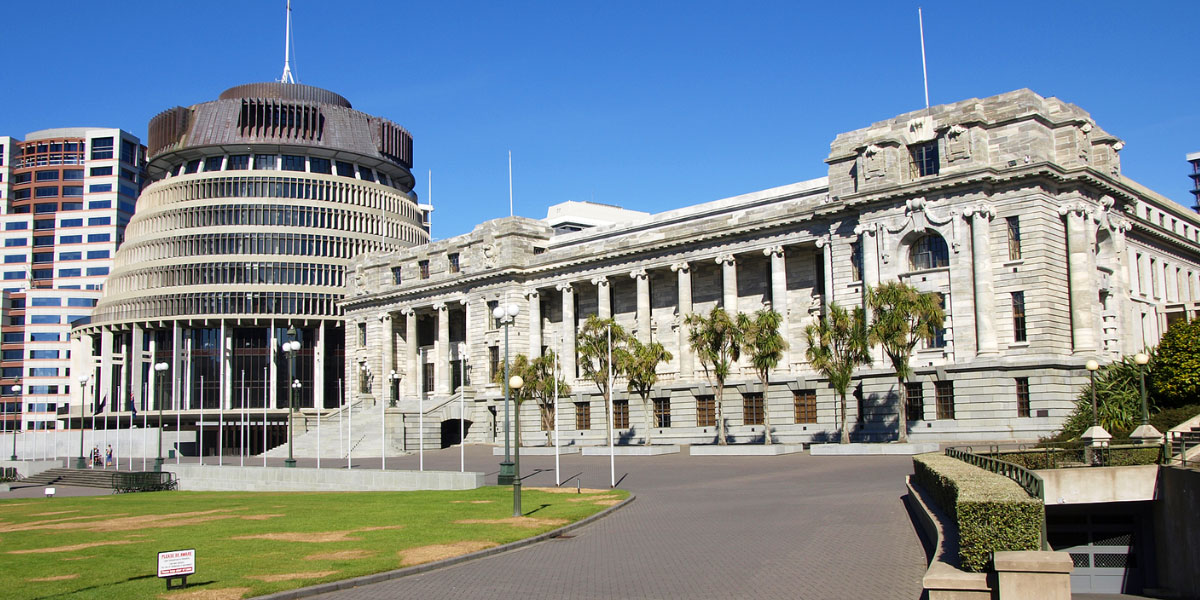On 4 June, 2024, New Zealand enacted the Taxation Act 2024 , bringing tax relief to many sectors, primarily for individuals’ income tax thresholds.
Budget 2024 sets out the Government’s plan to rebuild the economy, ease the cost of living, deliver better health and education services, and restore law and order.
Budget goals and objectives
The government’s overarching goals for its term of office are to: Build a stronger, more productive economy that lifts real incomes and increases opportunities for New Zealanders; deliver more efficient, effective and responsive public services to all who need and use them – in particular, to restore law and order and improve health outcomes and educational achievement; get the government’s books back in order; and restore discipline to public spending.
The Government’s priorities include delivering meaningful tax reductions to provide cost of living relief to New Zealanders, who have seen no change in personal income tax rates and thresholds since 2010.
Tax reductions will be funded by reprioritization, savings and new revenue measures, and this package will not add to debt.
It also identifies enduring savings across government departments and agencies; improves public services by shifting spending to higher-value areas and focusing on results; keeps tight control of government spending while funding a limited number of high priority Government policy commitments and urgent cost pressures that cannot be funded through reprioritization; and develops a long-term, sustainable pipeline of infrastructure investments.
Increased income tax thresholds
The primary focus of the measures lie in providing tax relief for individuals. This includes an adjustment in the thresholds for the first three income tax brackets, which will take effect from 31 July 2024.
The revised brackets and corresponding rates are: Up to NZD 15,600 at 10.5%; NZD 15,601 to NZD 53,500 at 17.5%; NZD 53,501 to NZD 78,100 at 30.0%; NZD 78,101 to NZD 180,000 at 33.0% and over NZD 180,000 at 39.0%.
The legislation stipulates that these new brackets are slated to come into effect from 1 April, 2025.
To implement the change from 31 July, 2024, (a mid-year adjustment), the Act specifies the application of composite tax thresholds and rates for the tax year 2024–25 starting 1 April, 2024, as follows: Up to NZD 14,000 at 10.5%; NZD 14,001 to NZD 15,600 at 12.82%; NZD 15,601 to NZD 48,000 at 17.5%; NZD 48,001 to NZD 53,500 at 21.64%; NZD 53,501 to NZD 70,000 at 30.0%; NZD 70,001 to NZD 78,100 at 30.99%; NZD 78,101 to NZD 180,000 at 33.0%; and over NZD 180,000 at 39.0%.
Composite rates for early relief
To provide some benefit before the full changes kick in on 1 April, 2025, the Act introduces temporary composite tax rates for the 2024-25 tax year.
Independent earner tax credit boost
The income threshold for eligibility for the independent earner tax credit is increasing from NZD 48,000 to NZD 70,000 annually.
Higher in-work tax credit
Workers will receive an additional NZD 25 per week through an increase in the in-work tax credit.
These measures are expected to provide financial relief to a significant portion of New Zealand taxpayers, particularly low- and middle-income earners.
Earlier, New Zealand Minister of Finance, Nicola Willis, presented Budget 2024 on 30 May, 2024.
“The Budget delivers on key commitments. For the first time in 14 years, hard-working New Zealanders will get to keep more of their own money through our Government’s tax relief,” he said. “We are shifting resources out of the back office of the government into the front line. We are investing in healthcare, schools and Police. We are putting New Zealanders’ money where it can make the biggest difference. What’s more, our commitments are delivered within an operating allowance that is the lowest, in real terms, since Steven Joyce’s Budget in 2017.”














